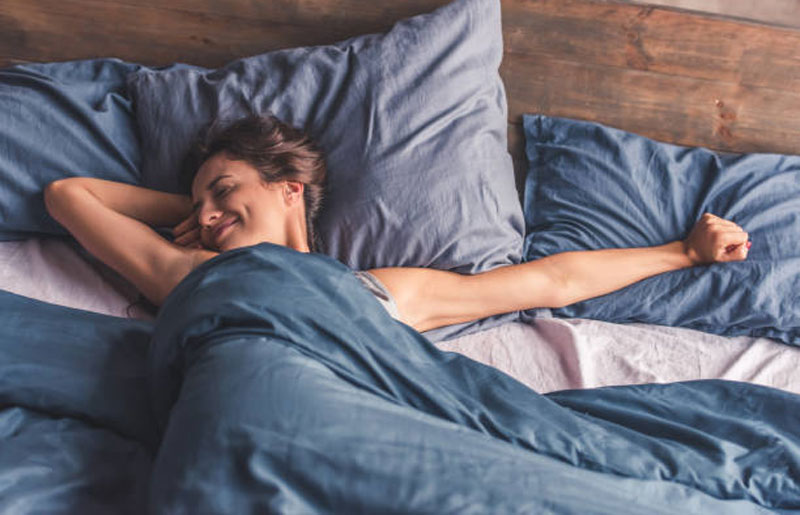 When you’re in pain, trying to get a restful nights’ sleep can seem near impossible, and the anxiety of knowing that the pain will be worse the next day if you don’t get enough sleep can make it even trickier to drift off. The good news is that if you’re struggling to sleep at night due to aches and pains, there are several things that you can do to get some relief. You might want to try:
When you’re in pain, trying to get a restful nights’ sleep can seem near impossible, and the anxiety of knowing that the pain will be worse the next day if you don’t get enough sleep can make it even trickier to drift off. The good news is that if you’re struggling to sleep at night due to aches and pains, there are several things that you can do to get some relief. You might want to try:
#1. Visit Your Doctor:
First of all, it’s a wise idea to visit your doctor to rule out any underlying conditions that could be treated. Pain can be due to a multitude of different causes, so it’s best to get a professional opinion so that you know exactly what you’re dealing with before you try any treatments or better sleep techniques.
#2. Upgrade Your Mattress:
If you often find yourself in pain when you’re in bed and wake up in pain each morning when you’ve finally gotten some sleep, then your mattress could be the culprit. Think about it – have you been sleeping on the same mattress for over a decade now? Is your mattress old and full of springs? Mattresses do have an expiration date and being in pain at night is a sure sign that yours is due to be replaced. Try a memory foam mattress; they mold to your body helping you get into the right position for a comfortable and restful nights’ sleep.
#3. Exercise More:
Gentle exercising or stretching, if you can, will help to tire your muscles and relax your body – not to mention that the effort alone can help you feel more tired and sleep easier. If you’re struggling to exercise due to being in pain, speak to your doctor or ask a good personal trainer about options that would be suitable for you, like gentle swimming or yoga.
#4. Practice Relaxation Before Bed:
Having a relaxing bedtime routine will help you relax into a better sleep, so spend some time finding what works best for you. This could be having a candlelit bubble bath, half an hour of reading a good book or listening to some relaxing music. Make this a regular part of your day and your body will soon get used to these signals to start falling asleep.
#5. Ban Technology From Your Bedroom:
Playing on your phone or watching TV before bed may seem innocent enough and might even distract you from the pain but ultimately, it’s not going to help you get a better nights’ sleep – if anything, it’s setting you up for another restless night. The blue light from these devices can inhibit melanin production in your body and make you feel even more awake when you’re meant to be winding down.
#6. Try Relaxation Breathing Techniques:
If you’re finding it difficult to zone out from the pain and are struggling to sleep, focusing on nothing more than your breathing can help – and deep breaths can also double up as pain relief. Take a deep breath in, count in for four, and then breathe out for another four. Continue doing this as you lie in bed – it will help you feel more centered and calm and will hopefully make the pain more bearable in the process.
#7. Be careful with your diet:
Whether it’s because of pain or something else, if you’re struggling to fall asleep at night then watching what you eat and drink is an absolute must, especially around bedtime. Make sure that you avoid stimulants like alcohol or caffeine before bed. Even though alcohol may help to relieve the pain, it will keep your body and mind more active and make falling asleep more difficult.
Did any of these techniques work for you?

